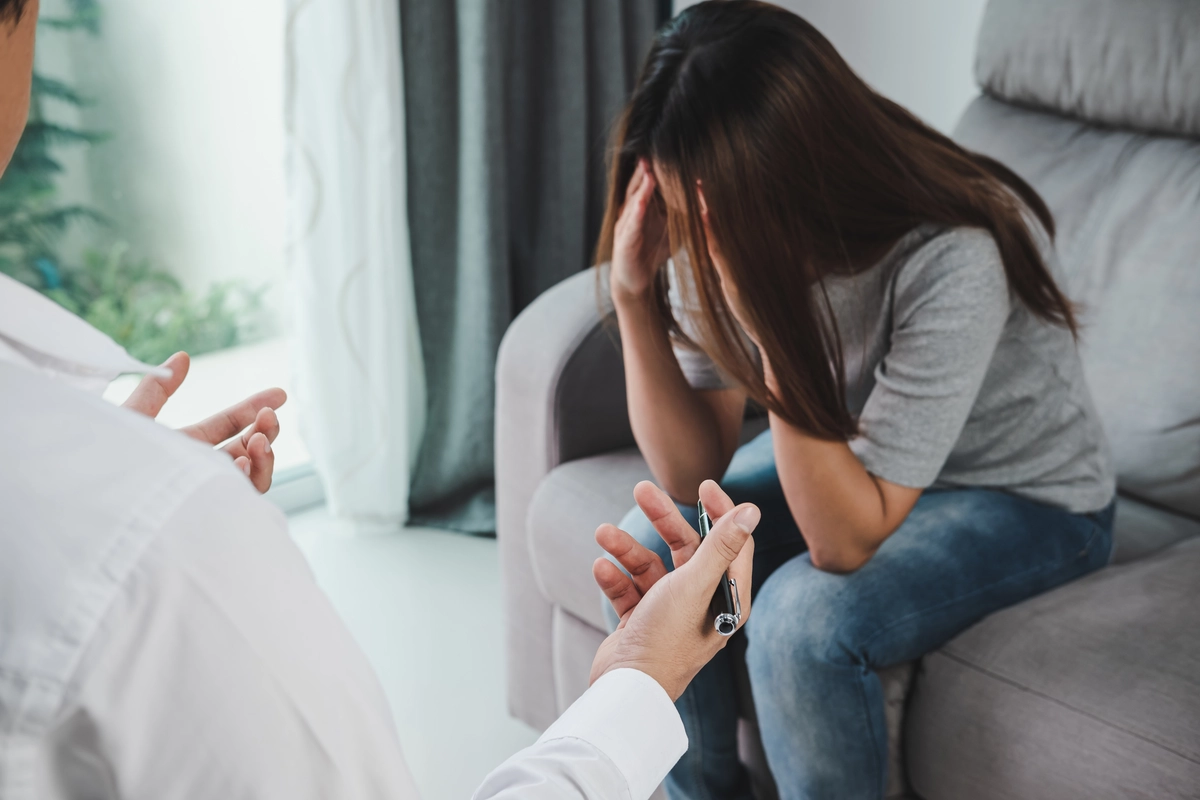24/7 Helpline:
(866) 899-221924/7 Helpline:
(866) 899-2219
Learn more about Intensive Outpatient Program centers in Williamsburg
Intensive Outpatient Program in Other Cities

Other Insurance Options

BlueCross

Horizon Healthcare Service

Meritain

Absolute Total Care

Oxford

Private insurance

Health Net

Kaiser Permanente

Humana

Premera

WellCare Health Plans

Cigna

Magellan

Self-pay options

Optima

Anthem

Coventry Health Care

Access to Recovery (ATR) Voucher
Beacon

Sutter




Cumberland River Behavioral Health – American Greeting Card Road
Cumberland River Behavioral Health - American Greeting Card Road is an outpatient facility for indiv...

Jackson Behavioral Health Professionals
Jackson Behavioral Health Professionals is a private rehab located in Corbin, KY. Jackson Behavioral...

Cumberland River Behavioral Health – Crossroads
Cumberland River Behavioral Health - Crossroads is an inpatient facility for men that are struggling...

Cumberland River Behavioral Health – Capers
Cumberland River Behavioral Health–Capers is an outpatient mental and behavioral health center for c...






















Cumberland River Behavioral Health – Independence House
Cumberland River Behavioral Health - Independence House is an inpatient facility for women with a Me...

Behavioral Health Group
Behavioral Health Group is a private rehab located in Corbin, KY. Behavioral Health Group specialize...

Cumberland River Behavioral Health – Turning Point
Cumberland River Behavioral Health is an accredited dual-diagnosis rehab facility in Corbin, KY. The...

















































